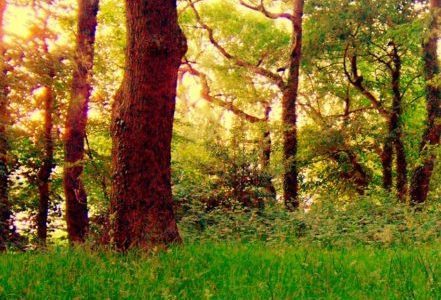
Paganism
‘Pagan’ has in the past been used as a derogatory label for an uneducated, unrefined peasant, but since the 1960s it has been revitalised as a term for someone who finds no sense in the church-based religions and is much more interested in connecting with the spiritualism of the natural world. Paganism is thousands of years old and was well-established in Britain before Christianity arrived.
Paganism includes the practices of the Druids, witches, and Wiccans, all of whom have been persecuted and demonised by zealous Christians. Their refusal to anthropomorphise the divine spirit and believe in religious wars resulted in them having to conduct their rituals in secret and their numbers gradually decreased.
However, the simple, non-dogmatic, traditional principles of paganism attract many followers today. Due to our society and landscape being quite different to pre-Christian times and the length of time that paganism has been hidden or disguised, the term ‘neopagan’ is often used to describe them. It is said that all of our present-day seasonal celebrations are originally pagan ~ Christmas, for instance ~ so neopagans have their own rituals at these times of the year.
(Image: Paul Walker at Flickr.com / CC BY-SA 2.0)
